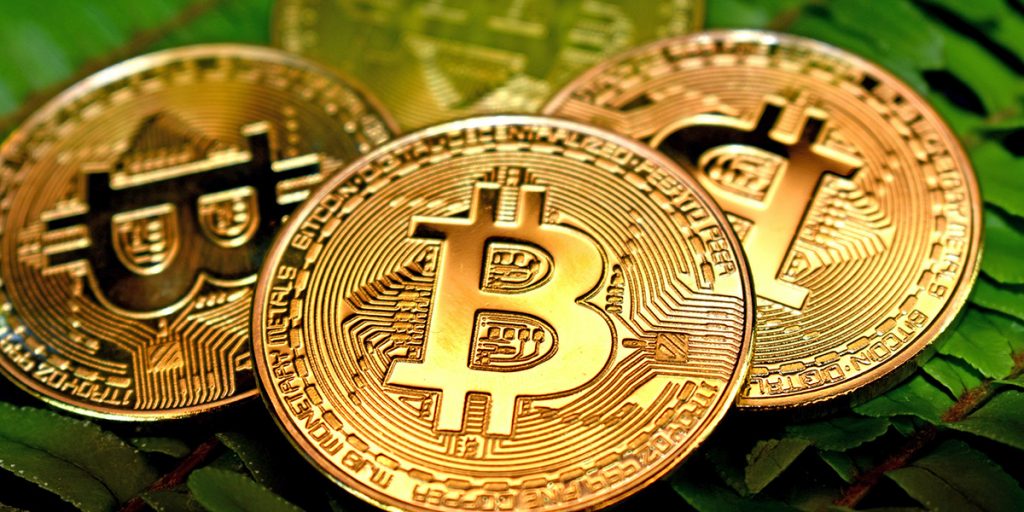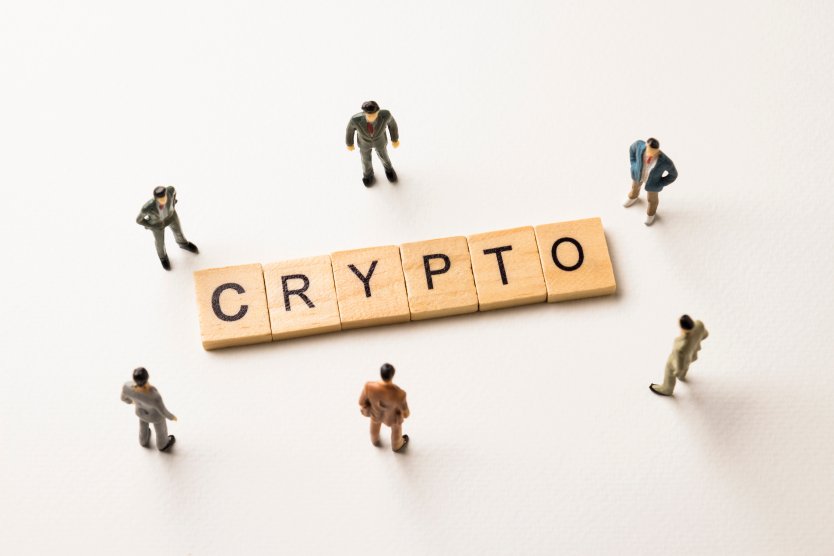Peer-to-peer exchanges
If you are interested in a more direct approach to buying and selling cryptocurrencies, peer to peer exchanges may be for you. These platforms allow you to browse for and buy a seller’s coins, and then transfer the funds to that seller. Unlike traditional crypto exchanges, however, they do not store the funds. It is important to choose an exchange that has a lot of users, as the traffic level will determine the exchange’s trading volume. In general, P2P platforms are less expensive than traditional crypto exchanges, but you should still check the exchange’s fees.
P2P exchanges have many benefits. They allow buyers and sellers to deal directly without requiring identity verification, centralization, and other security measures. As a result, the process is much more efficient and is generally easier to manage. However, there are some risks involved. To protect your funds, you should also know the basics of how these transactions work.
First, you must find a seller you are interested in. Many P2P exchanges will have a marketplace, or a search function, so you can search for and compare offers. You can find a seller using the location of an offer, payment method, or offer amount. Alternatively, you can contact the seller and negotiate a price.

Next, you’ll need to make a payment. Many P2P exchanges support a wide variety of payment methods. Depending on the exchange, you may be able to use cash, credit cards, PayPal, or a combination of the three. Some sites require you to send money to an escrow account, which will hold the transaction for both you and the seller. Once the transaction is complete, the escrow account will release the funds to the owner.
You will need to confirm the transaction with the seller before the funds are transferred. Normally, both parties will be required to open accounts. This can be done by using a password or an email address. A buyer might need to provide proof of their transaction, such as a bank account statement or a receipt. The transaction might be refunded to the seller if the buyer fails to pay.
After completing the transaction, you’ll want to check the seller’s reputation. A good peer to peer exchange will have a built-in reputation system. By doing so, you can avoid dealing with fraudulent traders. Other safety measures include arbitration and a security deposit. Collateral is used to reimburse both parties in the event of a conflict.
In addition, a peer to peer exchange will be more likely to offer protection against scammers. Because of the nature of the P2P system, the risk of fraud is lower, but it’s still a good idea to keep an eye on the reputation of your potential sellers.
Aside from being more convenient and safer, P2P exchanges also offer a range of payment options. Some of the most popular P2P exchanges are OKX, Bybit https://www.bybit.com/en-US/ , and Localbitcoins. Each of these offers a different rate for each transaction. While each offer is a little different, you can expect to pay between a few cents and a few dollars for each transaction.

